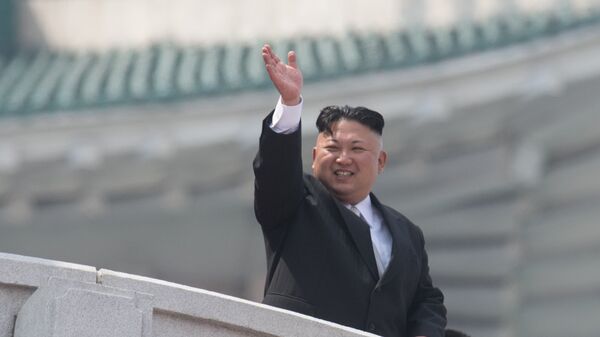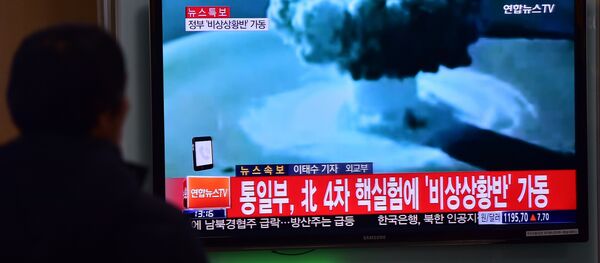In Vorontsov's opinion, China has a rational position on North Korea's issue.
"This is a clear appeal by the Chinese authorities to the Americans to show more flexibility, to look at the existing reality more soberly. The terms of the negotiations with the DPRK formulated by the American side under Obama, and now, under the new president, have not changed," Vorontsov said.
"The Americans are ready to start negotiations with Pyongyang only under certain conditions, which literally imply North Korea's readiness to surrender. However, life has shown that the DPRK has so far refused to negotiate on such terms and will continue to adhere to this position. It seems to me that the Chinese representative in the United Nations was trying to convey this idea to the US. Thus, he urged his colleagues, primarily the Americans, to a greater flexibility and reasonability," the expert added.
At the same time, the director of the Center for Northeast Asia at Jilin University, Ba Dianjun, believes that the US, Japan and South Korea do not contribute to the resolution of the North Korean issue.
"China takes into account the danger and the complexity of the DPRK problem. It draws attention to the fact that different parties must sit down at the negotiating table and resolve problems through dialogue and diplomatic efforts. However, to this day, the parties have not found a way to "gather at the negotiating table." Moreover, the solution to the problem has become more complicated because of militaristic rhetoric. Against this background, it is really difficult to start a political dialogue. Meanwhile, the situation in the region becomes more and more urgent," Ba Dianjun told Sputnik China.
In April, Trump said that while China should exert its influence on North Korea to contribute to the settlement of the crisis, the United States was ready to go it alone if Beijing decided not to assist Washington on the issue.
Since the beginning of 2016, North Korea has carried out a number of missile launches and nuclear tests, prompting worldwide criticism and an escalation of tensions on the Korean Peninsula. The international community, including the United States, has criticized the military activities of the Asian nation tightening the sanctions regime against Pyongyang.




